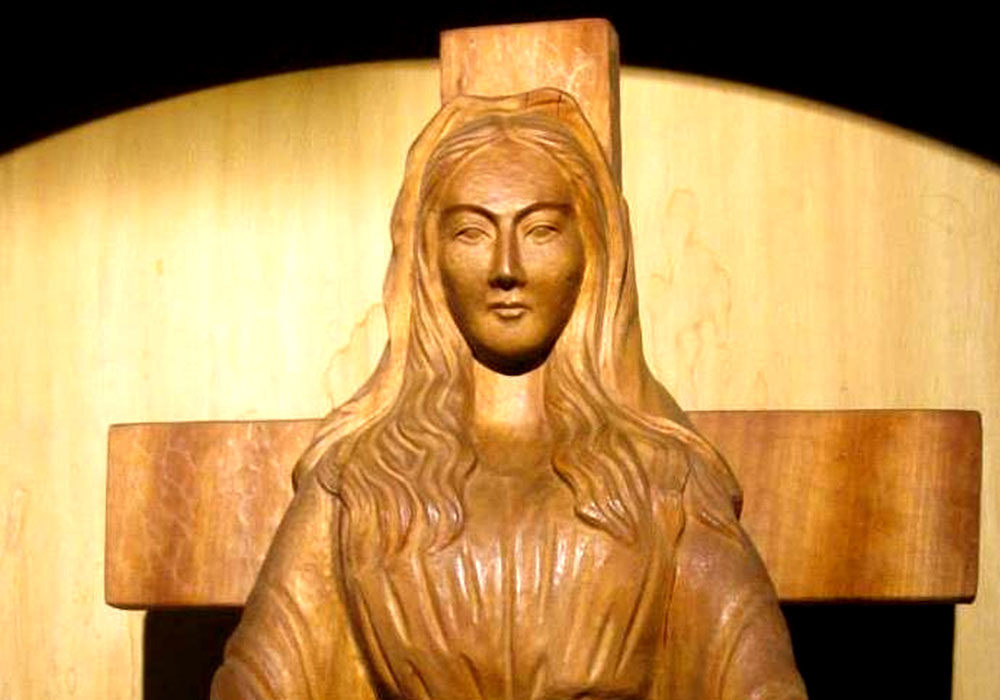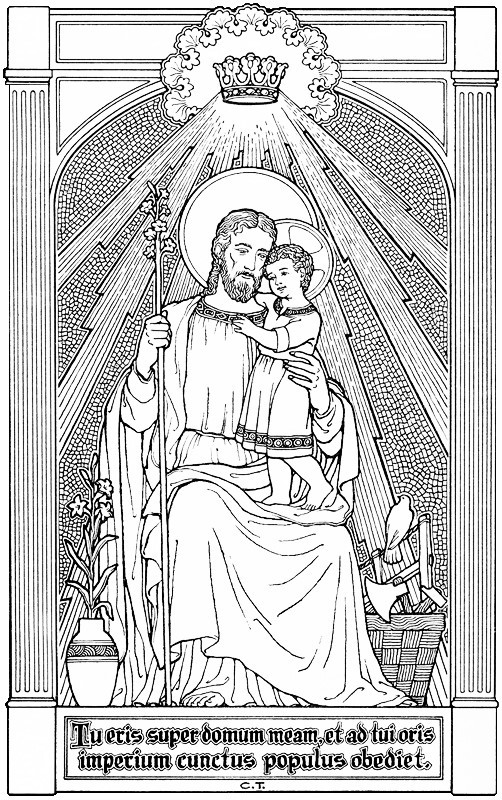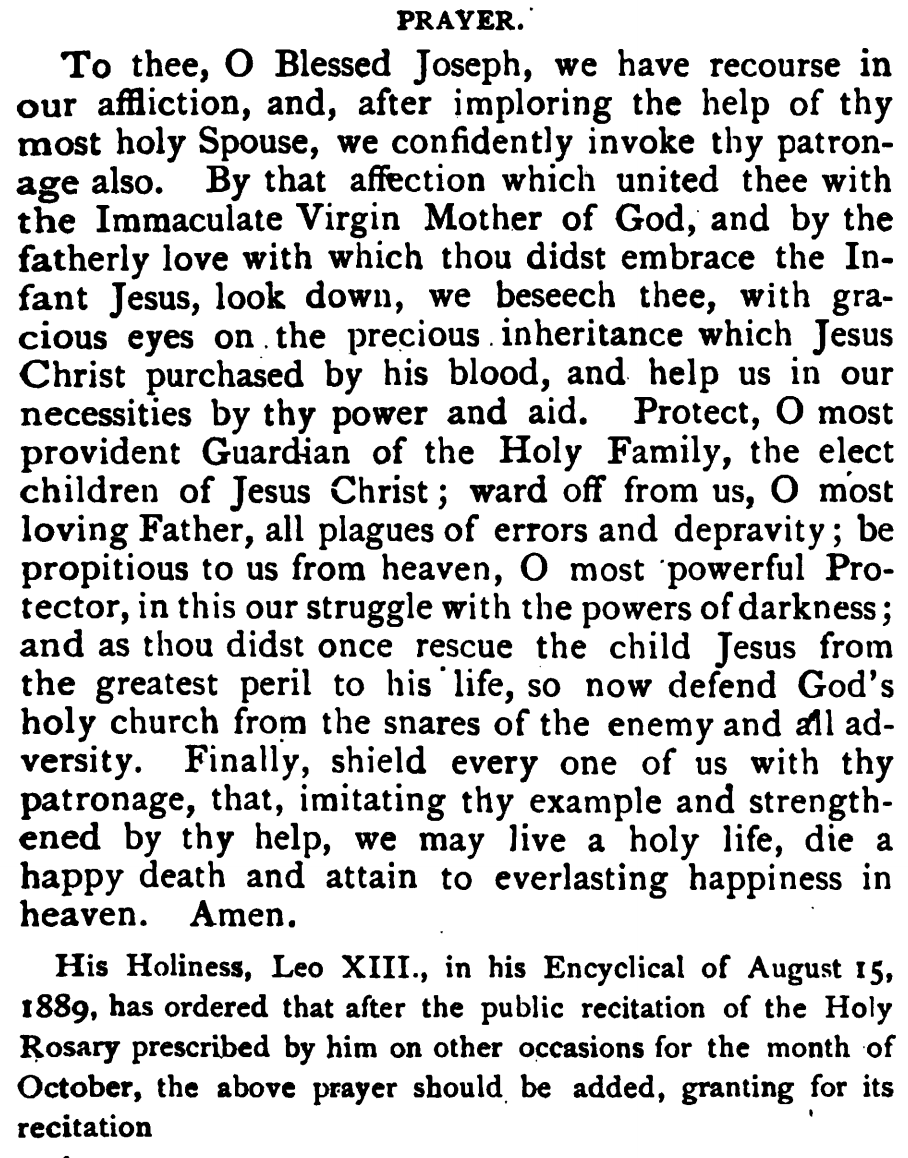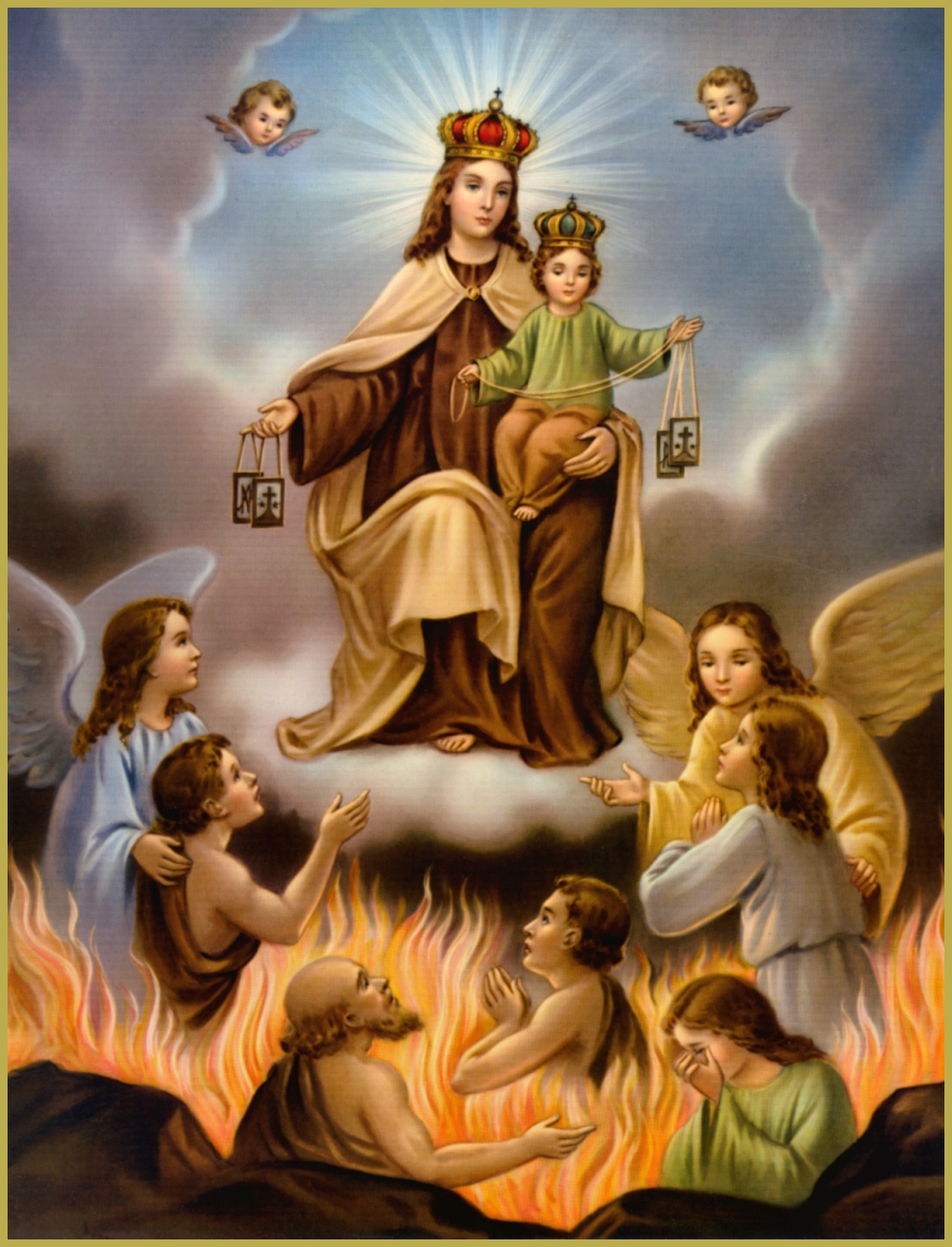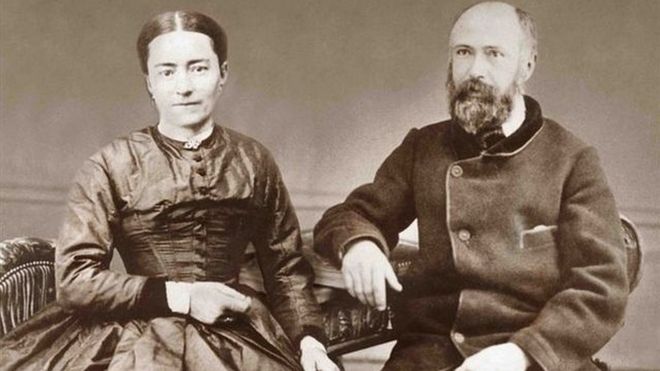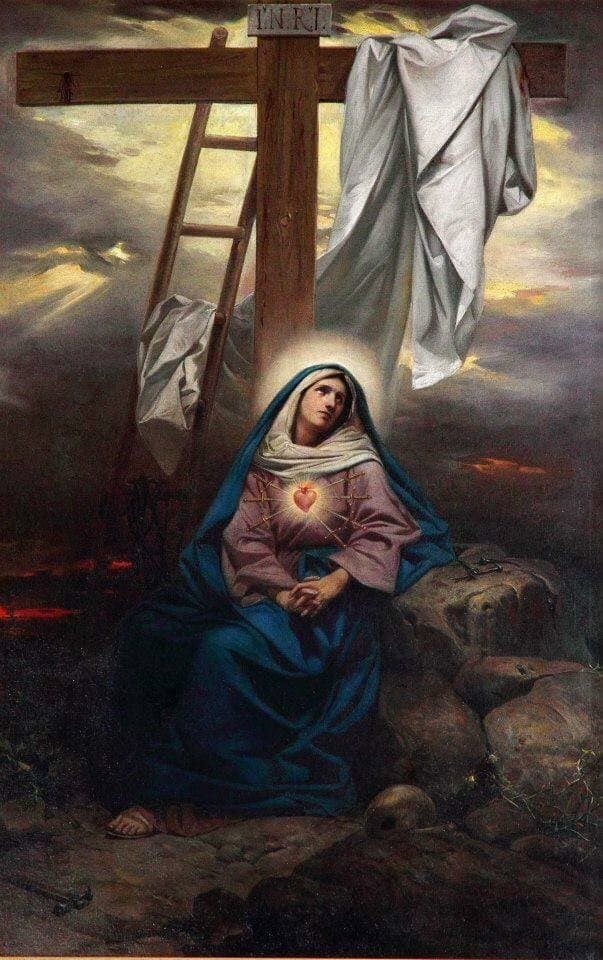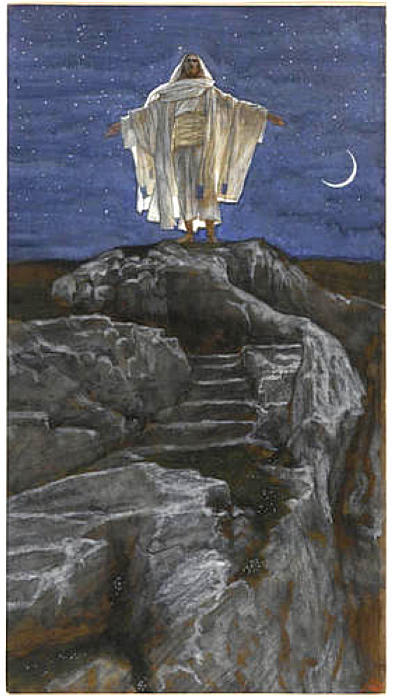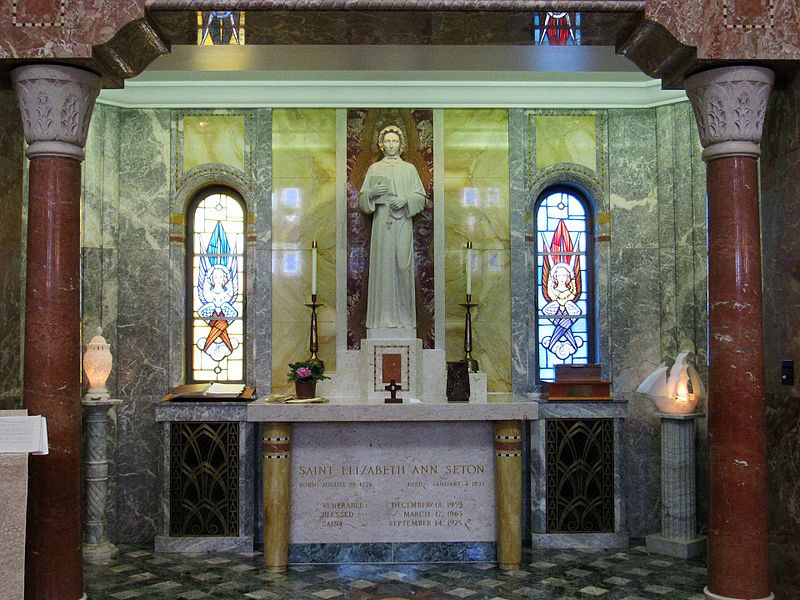For the ancient Celts, November 1 was
Samhain, their New Year's day. It is not necessary to detail some of the more gruesome pagan customs which accompanied the festivities in pre-Christian times, customs which eventually disappeared as the Faith spread and took hold. Nevertheless, on a more positive note, the Celts believed that on the day in question the veil between the worlds grew thin, and one could easily pass from world to world, from time into eternity.
As Christians, in celebrating the Solemnity of All Saints, the sacred liturgy permits us to glimpse the place where the blessed ones dwell in light. We are led to think of all the dead, of the awe-inspiring realities of death, judgment, heaven and hell. On All Souls' Day we recall those who are still undergoing purgation in the realm beyond time. We, too, through the Mass and through prayer, pass from world to world, for all are present to God.
Here is an
article (via
A Conservative Blog for Peace) which elucidates on the history of All Hallows' Eve, the pagan versus Christian aspects and how the Irish, French, Germans, and English brought it all to North America. To quote:
Halloween can still serve the purpose of reminding us about Hell and how to avoid it. Halloween is also a day to prepare us to remember those who have gone before us in Faith, those already in Heaven and those still suffering in Purgatory. The next time someone claims Halloween is a cruel trick to lure our children into devil worship, I suggest you tell them the real origin of Halloween and let them know about its Catholic roots and significance. (By Fr Scott Archer)
















